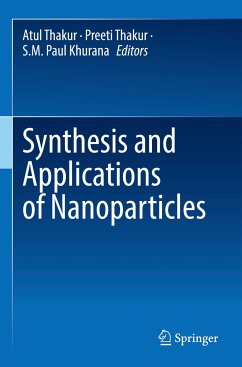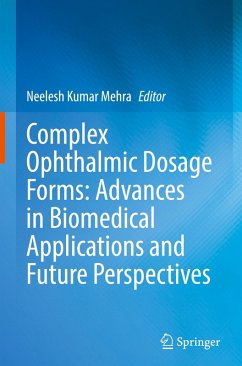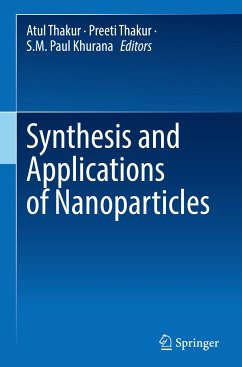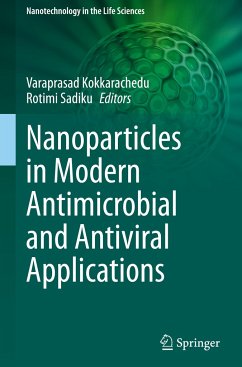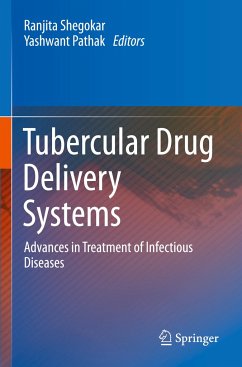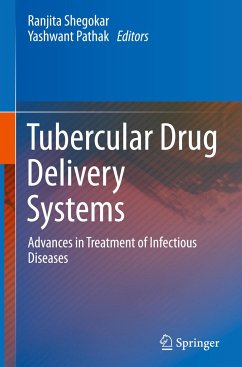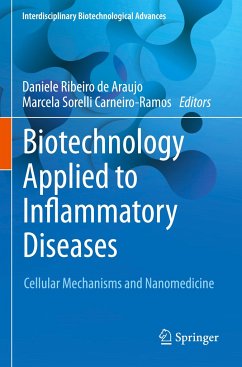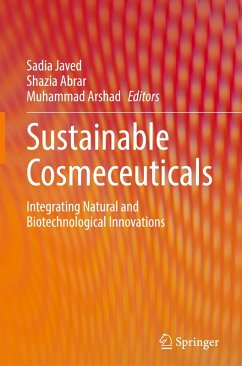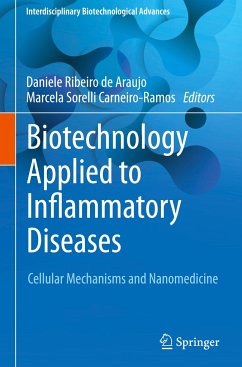
Biological Applications of Nanoparticles

PAYBACK Punkte
46 °P sammeln!
This textbook for graduate and postgraduate students provides comprehensive applications of nanoparticles in medicine, agriculture, and environmental sciences. The initial chapter covers basic topics related to types, synthesis, structure, and properties of various nanoparticles. It further discusses the wide range of applications of nanoparticles in medicine, agriculture, and the environment. The book presents nano-electronic biosensors that are used to diagnose and monitor the progression of human diseases. It summarizes the opportunities and challenges of nanotechnology in the agriculture a...
This textbook for graduate and postgraduate students provides comprehensive applications of nanoparticles in medicine, agriculture, and environmental sciences. The initial chapter covers basic topics related to types, synthesis, structure, and properties of various nanoparticles. It further discusses the wide range of applications of nanoparticles in medicine, agriculture, and the environment. The book presents nano-electronic biosensors that are used to diagnose and monitor the progression of human diseases. It summarizes the opportunities and challenges of nanotechnology in the agriculture and food sector highlighting the scientific, technical, regulatory, safety, and societal impacts.
Additionally, it illustrates the applications of nanotechnology in the field of aquaculture medicine, bioinformatics and food technology. The textbook examines the development and administration of nano-medicines , their applications, advantages, and limitations for the treatmentand prophylaxis of a broad range of diseases. Lastly, the textbook explores the recent advances in the field of nanobusiness and nanotechnology issues in intellectual property management( IPR).
Additionally, it illustrates the applications of nanotechnology in the field of aquaculture medicine, bioinformatics and food technology. The textbook examines the development and administration of nano-medicines , their applications, advantages, and limitations for the treatmentand prophylaxis of a broad range of diseases. Lastly, the textbook explores the recent advances in the field of nanobusiness and nanotechnology issues in intellectual property management( IPR).





